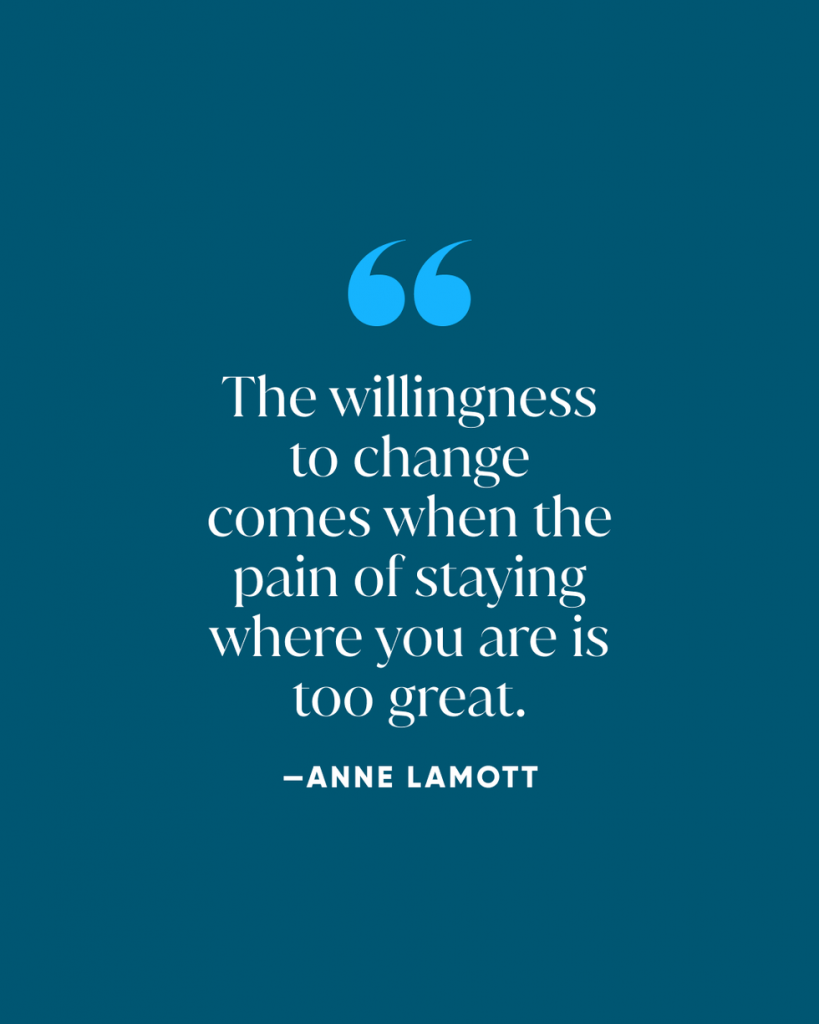
If you want the rainbow, you got to put up with the rain.
Stephen Wright
Rich Food
The Rubyglow pineapple –— bred for its distinctive red exterior and its sweetness — costs $395.99 at Melissa’s Produce, a California-based seller of specialty fruit and veggies. It took Del Monte, a wholesaler which sells a variety of produce but specializes in pineapple, a decade and a half to develop the red-hued fruit. A limited crop was first available in China early this year. Recently, Del Monte decided to see how the item would fare in the United States, and Melissa’s starting selling it at the astronomical price.
via Scot McKnight
Something to take your mind off politics…
The Thwaites Glacier in West Antarctica — nicknamed the “Doomsday Glacier” because its collapse could cause catastrophic sea level rise — is the world’s widest glacier and roughly the size of Florida. It’s also Antarctica’s most vulnerable and unstable glacier, in large part because the land on which it sits slopes downward, allowing ocean waters to eat away at its ice.
Thwaites, which already contributes 4% to global sea level rise, holds enough ice to raise sea levels by more than 2 feet. But because it also acts as a natural dam to the surrounding ice in West Antarctica, scientists have estimated its complete collapse could ultimately lead to around 10 feet of sea level rise — a catastrophe for the world’s coastal communities.
Many studies have pointed to the immense vulnerabilities of Thwaites. Global warming, driven by humans burning fossil fuels, has left it hanging on “by its fingernails,” according to a 2022 study.
This latest research adds a new and alarming factor into projections of its fate.
Hearing Loss
Our lives are filled with a barrage of sound from traffic, sirens, construction, noisy restaurants and concerts.
But one of the most insidious sources of noise exposure is our technology, namely earbuds and headphones. In 2023, over half a billion pairs of headphones were sold—according to Grand View Research—nearly double the number sold a decade ago. Many of us wear earbuds for hours at a time, sometimes all day long. And all that listening is taking a toll on our hearing.
According to the World Health Organization, over 1 billion young adults, ages 12 to 35, are at risk of permanent, avoidable hearing loss due to “unsafe listening practices.” By 2050, the WHO predicts that 1 in 10 of us will experience “disabling hearing loss.”
“This can sound alarming,” exposure scientist Rick Neitzel said in an interview with Manoush Zomorodi on NPR’s Body Electric. He said he has often been asked, “I don’t want to harm my hearing, is there anything I can do? The good news is, there is.”
[SMcK: No surprise here, but I say, Take ‘em out and listen for the birds. That’s all.]
Being known by God
“being known by God” meets a deep need so that when we share with each other the sharing, as is so often the case, is not desperate, needy, clingy, dependent, or attention-seeking. It’s simple honesty. We don’t spill our stuff for therapeutic catharsis. Church is not group therapy. It’s rather a place where honesty, transparency, and authenticity reign. Where new, bullshit-free patterns of social interaction are experimented with and practiced.
Richard Beck
a Divine Interruptability.
As followers of Jesus, we need to be interruptable. To be interruptable is to allow someone else’s concerns, agenda, and life to trump your own. To do this, we will also need to slow down to both allow for interruptions and to take the time to take up each other’s concerns. To allow space for, in the words of the New Testament, “taking up each others burdens.”
Mark Love
Contract/Covenant
“A contract is about interests. A covenant is about identity. It is about you and me coming together to form an ‘us.’ That is why contracts benefit, but covenants transform.”
Rabbi Jonathan Sackst
Thy Kingdom Come
As we see in the life of Jesus, God’s kingdom does not come through coercion. It comes only by hearing and saying yes to Jesus’ invitation: Come follow me. In seeking coercive earthly power, the Church gives up her truest and most powerful culture-making tool: being a sign, foretaste, and instrument of God’s world-healing love. When the Church tries to force the rule of God on a person or nation, we may temporarily get what we want, but we will no longer be the Church, the body of Christ.
https://bishoptoddhunter.substack.com/p/a-christian-america-be-careful-what-86d
Temptation
When the Emperor wants to destroy you, it’s easy to remember who you are: you stand with Christ before Pontius Pilate. However, when the Emperor summons you to his side with words of flattery and approbation, and asks your advice for running the empire, we easily forget who we are.
Fr Stephen Freeman
Perspective
a 2016 poll found that more than 90 percent of Americans think that global poverty stayed the same or got worse over the previous 20 years. This is flat wrong: Arguably the most important trend in the world in our lifetime has been the enormous reduction in global poverty.
About one million fewer children will die this year than in 2016, and 2024 will probably set yet another record for the smallest share of children dying before the age of 5. When I was a child, a majority of adults were illiterate, and it had been that way forever; now we’re close to 90 percent adult literacy. Extreme poverty has plunged to just 8 percent of the world’s population.
Medical Care
Just 100 years ago, doctors could do nothing when President Calvin Coolidge’s 16-year-old son developed a blister on a toe while playing tennis on the White House court. It became infected, and without antibiotics the boy was dead within a week. Today the most impoverished child in the United States on Medicaid has access to better health care than the president’s son did a century ago.
Nicholas Kristof
Heaven
I have no use for a heaven of clouds and streets of gold…I want to live where the dirt is good, the trees are full of fruit and all the beasts are my friends…and everyone knows who the King really is…
Phoenix Preacher
Infinitely Valuable
One Rabbi of the 19th Century said, “woe to the person who is unaware of their shortcomings, because they will not know what to work on. But even greater woe to a person who is unaware of their virtues, because they don’t even know what they have to work with.”
So, Held’s orientation for spiritual formation looks like this: “by virtue of the fact that we are created in the image of God, we are infinitely valuable, and we are loved. We do not need to earn our worth, and we do not need to earn God’s love. The spiritual life is a response to the fact that God loves us and we matter.”
Scot McKnight

View from the Front Porch
I recently came across this:
You will find a card in my bible dated Jan 4, 2003. What is recorded there is the product of an intensive personal search for God’s direction culminated by several days of retreat with Ann in the Smoky Mountains. On one side you will find Psalms 37:3-8.
It was from that passage God revealed to me instructions for the journey ahead.
- Trust in the LORD and do good.
- Delight yourself in the LORD.
- Commit your way to the LORD
- Be still before the LORD and wait patiently for him
- Refrain from anger and turn from wrath
I need to be reminded.
STILL ON THE JOURNEY







